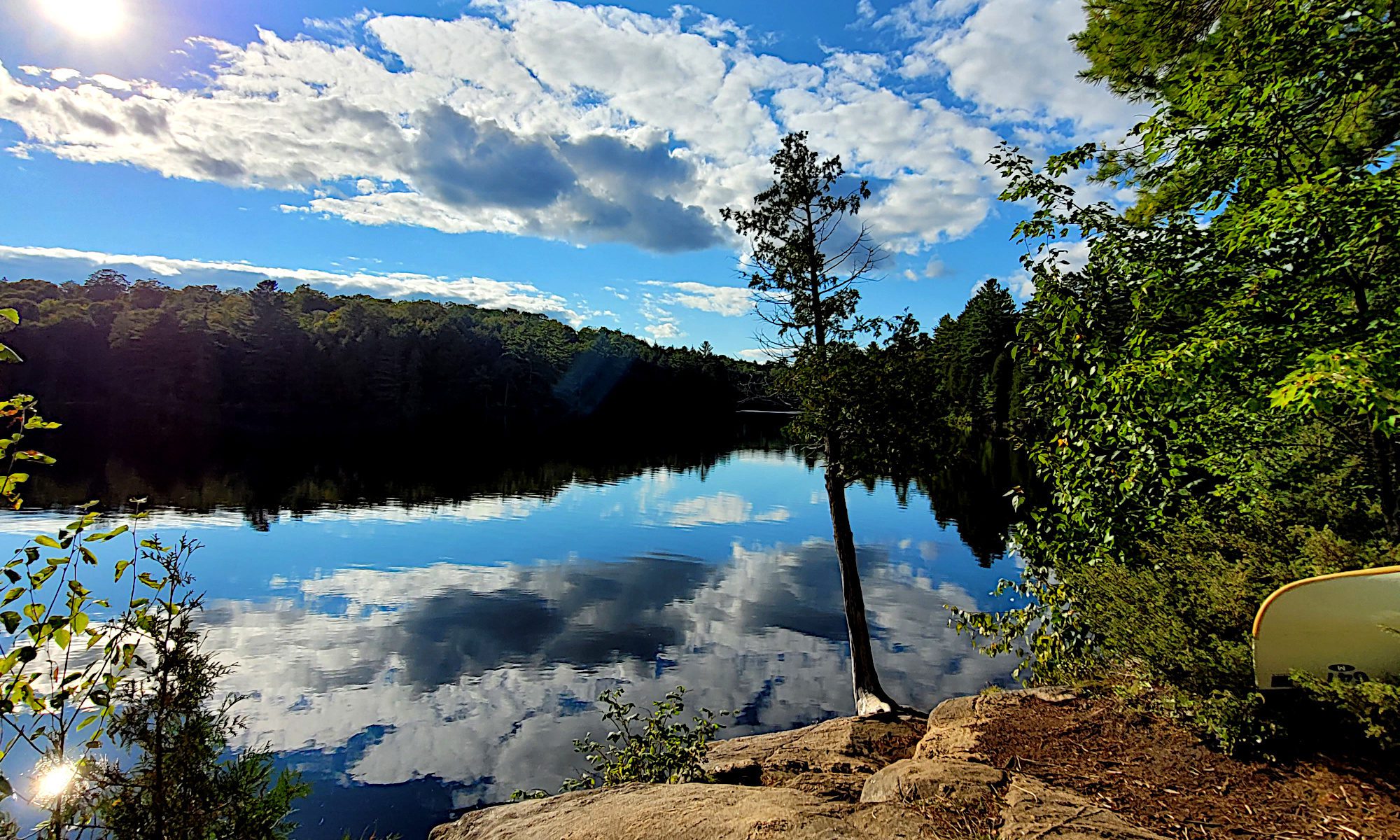
As the WikiLeaks saga continues, with founder Julian Assange facing potential extradition to Sweden (although not for leaking secret documents) and the U.S. considering espionage charges against him, it’s easy to overlook some of the key issues that have arisen out of the affair — particularly those raised by Amazon’s removal of WikiLeaks from its servers, out of concern about the legality of the content being hosted there. At least one senior technologist thinks that this could raise red flags about the utility of cloud computing, while programmer and open-web advocate Dave Winer believes that the incident reinforces the need for an open cloud host of some kind.
In the Wall Street Journal yesterday, Dr. Joseph Reger — chief technology officer for Fujitsu Technology Solutions — said that Amazon’s decision to withdraw hosting for WikiLeaks from its EC2 servers is “bad news for the new IT paradigm of of cloud computing,” and ultimately calls “the security and availability of cloud services into question.” Although Amazon maintained that it was simply enforcing its terms of service — which prevent companies from hosting content to which they do not have the rights, or content that will could lead to injury — Reger said that the company’s actions would cause many to lose faith in the cloud.
The Fujitsu executive also raised the issue of whether cloud providers should even be in the business of assessing the legality or morality of the content on their servers, asking: “Should providers of cloud services constantly review whether any of their customers are pursuing an unpopular or immoral activity and continually make value judgments as to whether they are willing to continue the service?” Deciding whether content is legal, he said, “is not the job of providers. It has to be judged by a court of law.” Reger has a point: is Amazon going to start reviewing all the content on its servers just in case someone has uploaded something to which they don’t own the rights?
As pointed out by Ethan Zuckerman and Rebecca Mackinnon — both of whom are affiliated with the Harvard Berkman Center for the Internet and Society, and are the co-founders of Global Voices Online — the Internet may seem like a giant open commons where we share our thoughts, but it is effectively the domain of large corporations. And any of them can cut off our access or our ability to host content whenever they wish, according to terms of service and service-level agreements that are often vague and easy to bend in whatever direction a company wants them to go.
All of this has led Winer, who developed the RSS syndication format and other web technologies, to call for a “web trust” that can reliably and safely store documents of all kinds — whether they are WikiLeaks cables or personal Twitter accounts — in such a way that they are free from both corporate and government intervention, an entity that is “part news organization, university, library and foundation.” Winer said in a blog post that he has been discussing this idea with Brewster Kahle, the founder of Archive.org, which has been building a public archive of the web for years as well as an Open Library of e-books.
When WikiLeaks was first removed from Amazon, and then had its DNS listing deleted by EveryDNS (ironically, it has since gotten support from Canadian provider EasyDNS, which many mistakenly assumed was its original host), we raised the idea of a “stateless, independent data haven” that could host the documents, something WikiLeaks has been trying to create in Iceland. Luckily for Assange, his organization has secure hosting from a Swedish company whose servers are located deep inside a mountain — and says it has no plans to stop providing service to the organization — as well as the country’s Pirate Party and other supporters.
But what about those who don’t have the kind of resources and support that WikiLeaks does? They are at the mercy of Amazon and other hosting companies — and while Google has refused requests to pull down information in the past, citing free speech, it could just as easily change its mind at some point down the road. Winer’s proposal may never get off the ground, but it is a worthwhile effort nonetheless.
